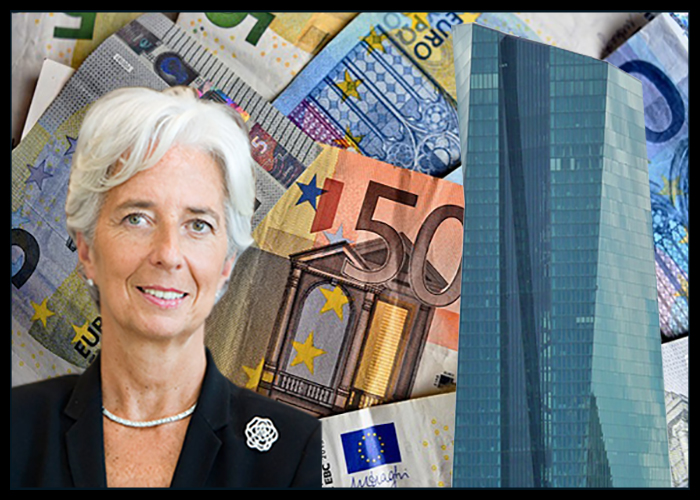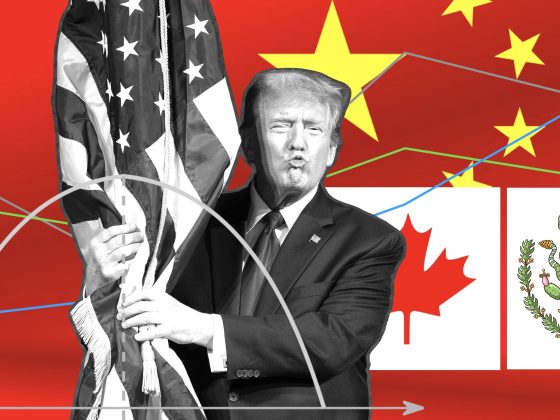
European Central Bank President Christine Lagarde said Thursday that policymakers are unlikely to raise interest rates next year after the bank unveiled plans to start tapering its stimulus in March.
Eurozone inflation forecast for next year was raised sharply to 3.2 percent from 1.7 percent, the latest set of ECB staff macroeconomic projections unveiled by Lagarde showed.
Inflation is seen slowing to 1.8 percent in 2023 versus the earlier forecast of 1.5 percent. Price growth is projected to hold steady at 1.8 percent in 2024.
The inflation estimate for this year was lifted to 2.6 percent from 2.2 percent.
ECB staff also raised the core inflation forecasts and now sees 1.4 percent in this year, 1.9 percent next year, 1.7 percent in 2023, and 1.8 percent in 2024.
“If price pressures feed through into higher than anticipated wage rises or the economy returns more quickly to full capacity, inflation could turn out to be higher,” Lagarde said in her introductory statement to the post-decision press conference.
Earlier on Thursday, the ECB said it will discontinue purchasing assets under its Covid-19 pandemic stimulus scheme at the end of March and continue slowing asset purchases during the rest of next year, as support for maintaining an expansionary monetary policy is fast drying up in the face of stubbornly high inflation in the euro area.
Pressure mounted on the ECB to not fall behind the curve with the Federal Reserve accelerating its tapering plans this week and the Bank of England hiking its key interest rate, earlier on Thursday, for the first time since 2018.
The EUR 1,850 billion pandemic emergency purchase programme, or PEPP, was launched in March 2020 to support the euro area economy and financial system amid the risks posed by the disruptions caused by the coronavirus pandemic.
Further, the ECB said net purchases under the PEPP could also be resumed, if necessary, to counter negative shocks related to the pandemic.
Lagarde said monetary accommodation is still needed for inflation to stabilize at the 2 percent inflation target over the medium term.
“In view of the current uncertainty, we need to maintain flexibility and optionality in the conduct of monetary policy,” she added.
The ECB staff lowered the euro area growth projection for next year to 4.2 percent from 4.6 percent. The outlook for 2023 was lifted to 2.9 percent from 2.1 percent. Growth was projected at 1.6 percent for 2024.
The growth estimate for this year was raised to 5.1 percent from 5.0 percent.
Risks to the economic outlook were broadly balance, Lagarde said. The recent worsening of the pandemic, including the spread of new variants, could be a more persistent drag on growth, she added.
Economists said the first rate hike is set come earlier than ECB expects currently.
ING economist Carsten Brzeski said the first hike could be as early as the first half of 2023 as inflation, after a temporary slowdown once all post-pandemic effects have petered out, will structurally be higher than the ECB currently expects.
Capital Economics economist Andrew Kenningham said the first hike is likely in 2024, but could take place sooner as upside risks have clearly increased as global supply problems and the pandemic have persisted.
For comments and feedback contact: [email protected]








